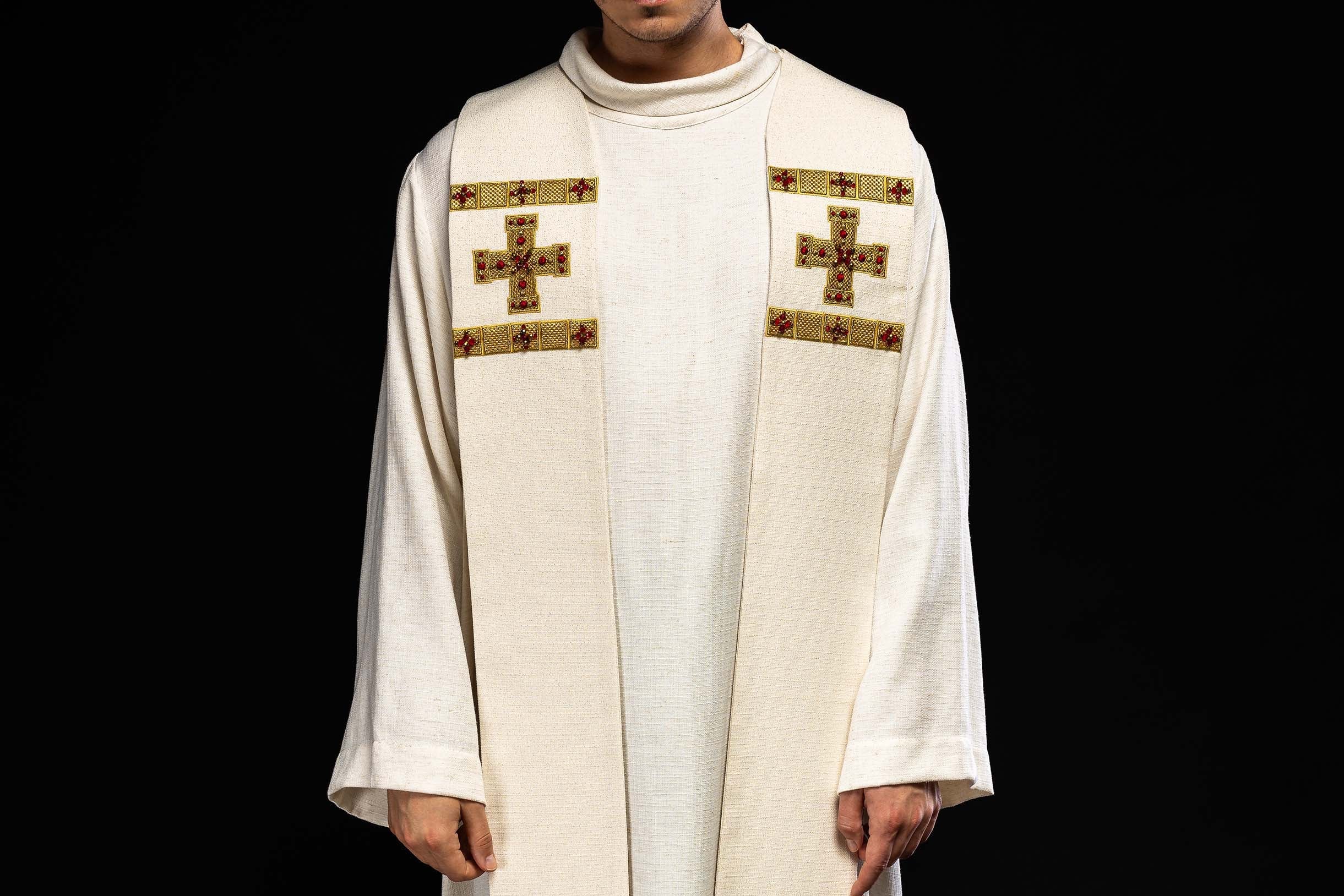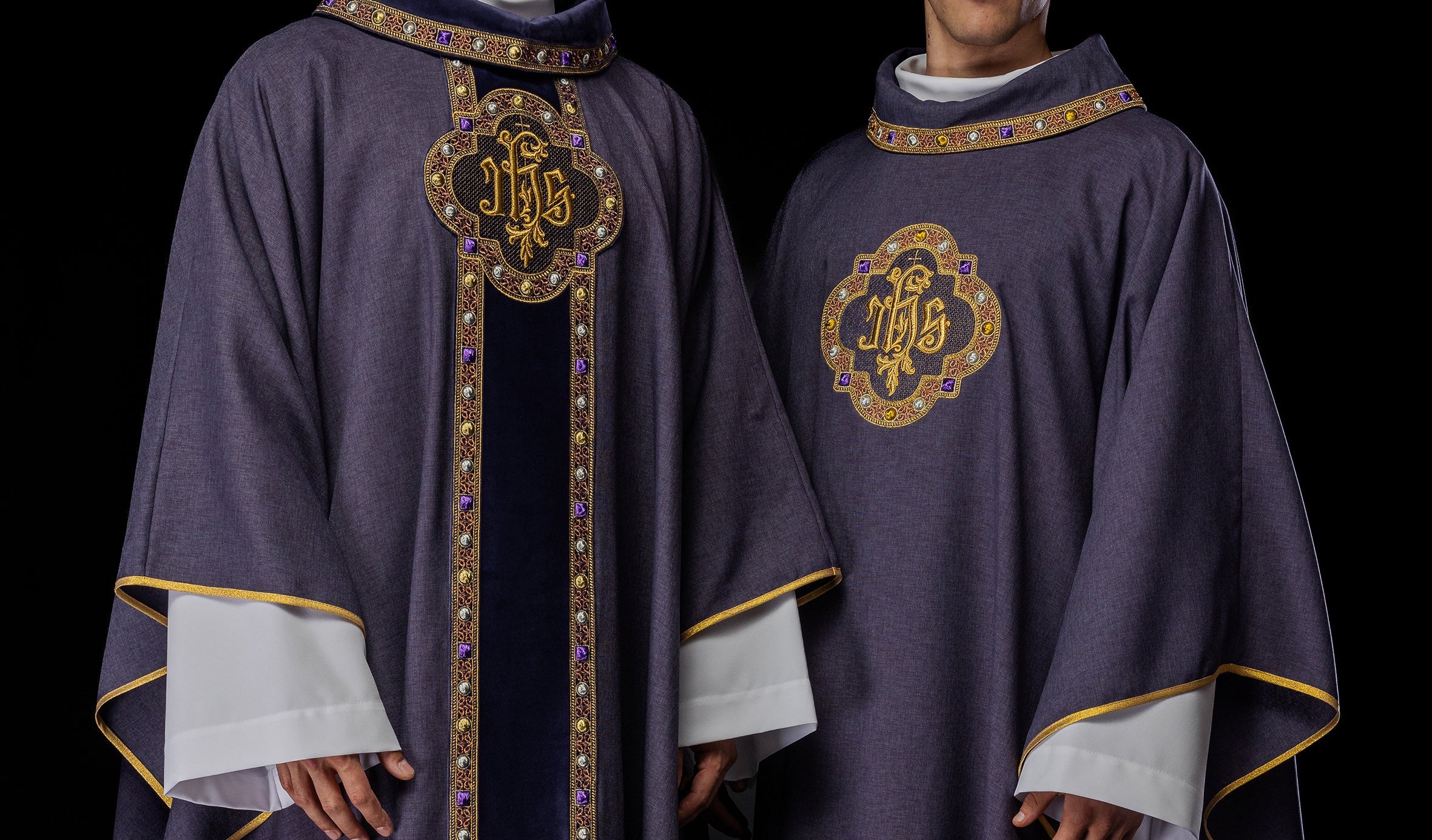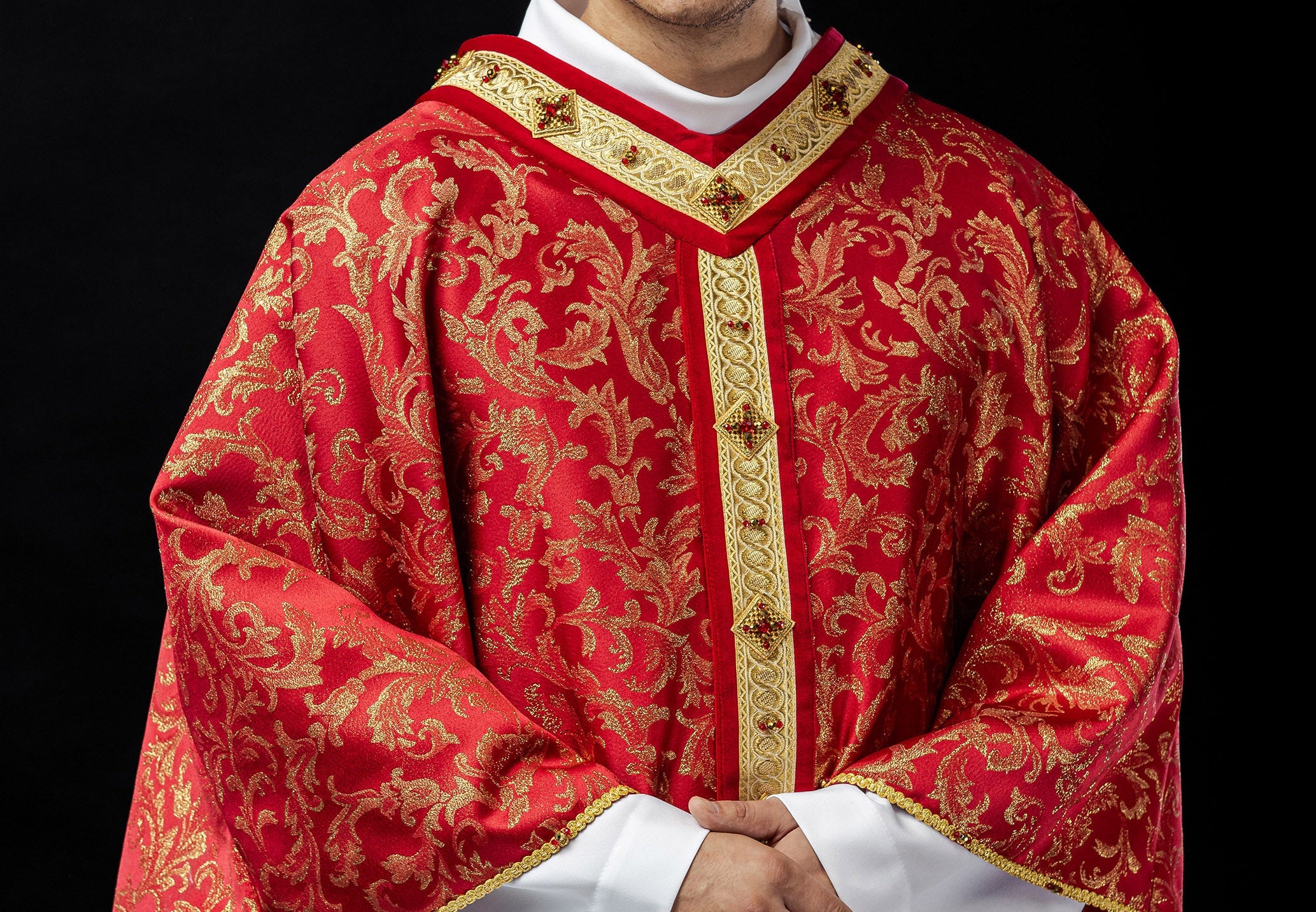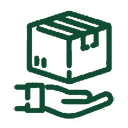
How to Organize a Pastoral Visit (Blessing of Homes)?
How to Organize a Pastoral Visit (Kolęda)? A Comprehensive Guide
The pastoral visit, commonly known as Kolęda, is a deeply rooted tradition in the Polish Catholic Church. It is not only an opportunity to bless homes and families but, above all, a time to build relationships between the pastor and the faithful, an opportunity to deepen faith and strengthen parish bonds. Effective organization of Kolęda requires careful planning, good communication, and the involvement of the entire parish community. The following guide presents the key stages and aspects to consider to ensure that the pastoral visit is a fruitful experience for all.
I. Stages of Preparing for a Pastoral Visit
Proper preparation is the foundation of the success of every pastoral visit. It includes both organizational and spiritual aspects, involving both the clergy and the faithful.
1. Planning Dates and Routes
The most important first step is to establish a schedule of visits. It should consider:
- Division of the Parish into Areas: Dividing the parish into smaller, logical areas makes it easier to manage the route and time.
- Setting Priorities: It is worth considering visiting the homes of the elderly, sick, lonely, or new parishioners first.
- Adaptation to the Liturgical Period: Most often, Kolęda takes place after Christmas, but some parishes may adjust the dates to the specificity of their community.
- Consultation with Parishioners: As far as possible, it is worth allowing the faithful to submit preferred dates or their unavailability, which can be done through parish announcements, the website, or direct contacts.
- Length of Visit: Determining a realistic duration of the visit in one home (usually 20-30 minutes), which allows planning the number of visits per day.
- Communication with Clerics/Helpers: If clerics, deacons, or lay animators participate in the visit, their tasks should be precisely defined and areas assigned to them.
2. Informing Parishioners
Clear and timely communication with the faithful plays a key role:
- Parish Announcements: Information about the start of Kolęda, established dates, and routes should be regularly communicated during parish announcements (Sundays and weekdays).
- Website and Social Media: Posting the schedule and detailed information on the official parish website and social media profiles makes it easier to access data.
- Applications and Confirmations: Allowing the faithful to contact the parish office to report the need for a visit or verify the date.
- Information Materials: Distributing short leaflets or information cards that remind about the purpose of Kolęda and the rules of its course.
3. Spiritual Preparation of Pastors and the Community
Kolęda is primarily a spiritual event, so preparation should also include a prayer aspect:
- Prayer for Families: Priests and those involved in Kolęda should pray for the families they will be visiting.
- Spiritual Readiness: Pastors should be open, cordial, and ready to listen to the needs of the faithful.
- Awareness of the Purpose: It is important that everyone involved remembers the spiritual dimension of Kolęda – proclaiming the Gospel, bringing hope and blessing.
- Involvement of Families: Encouraging families to prepare for the visit, e.g., by preparing a table with a cross, the Holy Bible, holy water, and a sprinkler, as well as for common prayer.
II. The Course of the Pastoral Visit
The course of Kolęda itself should be orderly and marked with respect for the home and its residents.
1. Welcome and Short Conversation
The first minutes of the visit are about building a positive relationship:
- Heartfelt Welcome: The pastor should greet the household members with a smile and kindness.
- Short Conversation: A few questions about the family's well-being, their daily life, and any concerns that may be the basis for further prayer or reflection.
- Introduction: If the visitors are not known to the household members, they should introduce themselves.
2. Prayer and Blessing of the Home
The central point of the visit is prayer:
- Use of Holy Water: The pastor blesses the house, drawing the sign of the cross on the doors or walls, often preceding it with a short prayer.
- Reading a Fragment of the Holy Bible: A short reading from the Bible (e.g., from the Gospel) can be a spiritual accent of the visit.
- Prayer of the Almighty and Angelic Salutation: Reciting the "Our Father" and "Hail Mary" prayers, preferably together with the household members.
- Final Blessing: Prayer for God's blessing for the entire family and their home.
3. Conversation and Exchange of Information
This is a time for closer acquaintance and dialogue:
- Conversation about Family Life: The pastor may ask about spiritual matters, religious practices in the family, and participation in parish life.
- Encouragement to Sacramental Life: Emphasizing the importance of participation in Holy Mass, the sacraments of penance and reconciliation, and the Eucharist.
- Information about Parish Life: Providing current information about parish events, pastoral initiatives, and the work of parish groups.
- Recording Needs and Requests: The pastor may note any requests for prayer, visits to the sick, or other forms of support.
4. End of the Visit
The visit should be concluded with respect and gratitude:
- Thank You for Accepting: Expressing gratitude for the hospitality and openness of the family.
- Blessing Wishes: Renewed wish for God's blessing and peace.
- Donations to the Church: According to tradition, the faithful often make donations for the needs of the parish on the occasion of Kolęda. This should be done discreetly and with respect for the decisions of the faithful.
- Determining Further Steps: If necessary, you can arrange a further meeting, e.g., in the parish office.
III. Legal and Social Aspects of the Pastoral Visit
Organizing Kolęda also involves certain legal and social issues that are worth considering.
1. Right to Privacy
Although the pastoral visit is public in the understanding of the parish, each home is a private space. Pastors must respect this privacy, not imposing themselves and not interfering in matters that are not related to the spiritual dimension of the visit.
2. Responsibility for Documentation
Parishes often keep a register of visited homes and families. It is important that this documentation is kept reliably and in accordance with the regulations on the protection of personal data.
3. Different Forms of Pastoral Visits
In response to changing needs and conditions, parishes may use different models of Kolęda:
- Traditional Kolęda: Visiting all homes in the area.
- Kolęda on Request: Visits take place only in homes whose residents have previously reported such a need.
- Special Kolęda: Dedicated to people who are sick, elderly, lonely, or families in difficult life situations.
- Pastoral Visits Online: In exceptional situations, e.g., during a pandemic, an online form can be considered, although it will not fully replace personal contact.
4. Involving Lay People in Ministry
Involving lay people in the organization and course of Kolęda can bring many benefits:
- Help in Planning: Lay people can help organize routes, prepare information materials, or coordinate the work of volunteers.
- Support for Pastors: Lay people can accompany priests, support them with prayer, and participate in conversations with the faithful.
- Building Community: Involving lay people strengthens the sense of parish community and shows that caring for the spiritual needs of the faithful is a common task.
IV. Summary
Organizing a pastoral visit is a process that requires commitment and reflection. The key to success is good planning, open communication with parishioners, and deep spiritual preparation. The pastoral visit, carried out with pastoral love and respect for every human being, is an invaluable opportunity for evangelization, strengthening faith, and building a strong, vibrant parish community. If you are looking for unique liturgical vestments that will emphasize the solemn character of church celebrations, we invite you to familiarize yourself with the offer of HAFTINA TEXTILE GROUP SP. Z O. O. on the website haftinausa.com, where you will find high-quality chasubles, stoles, and other liturgical vestments, made with passion and attention to every detail.
```




